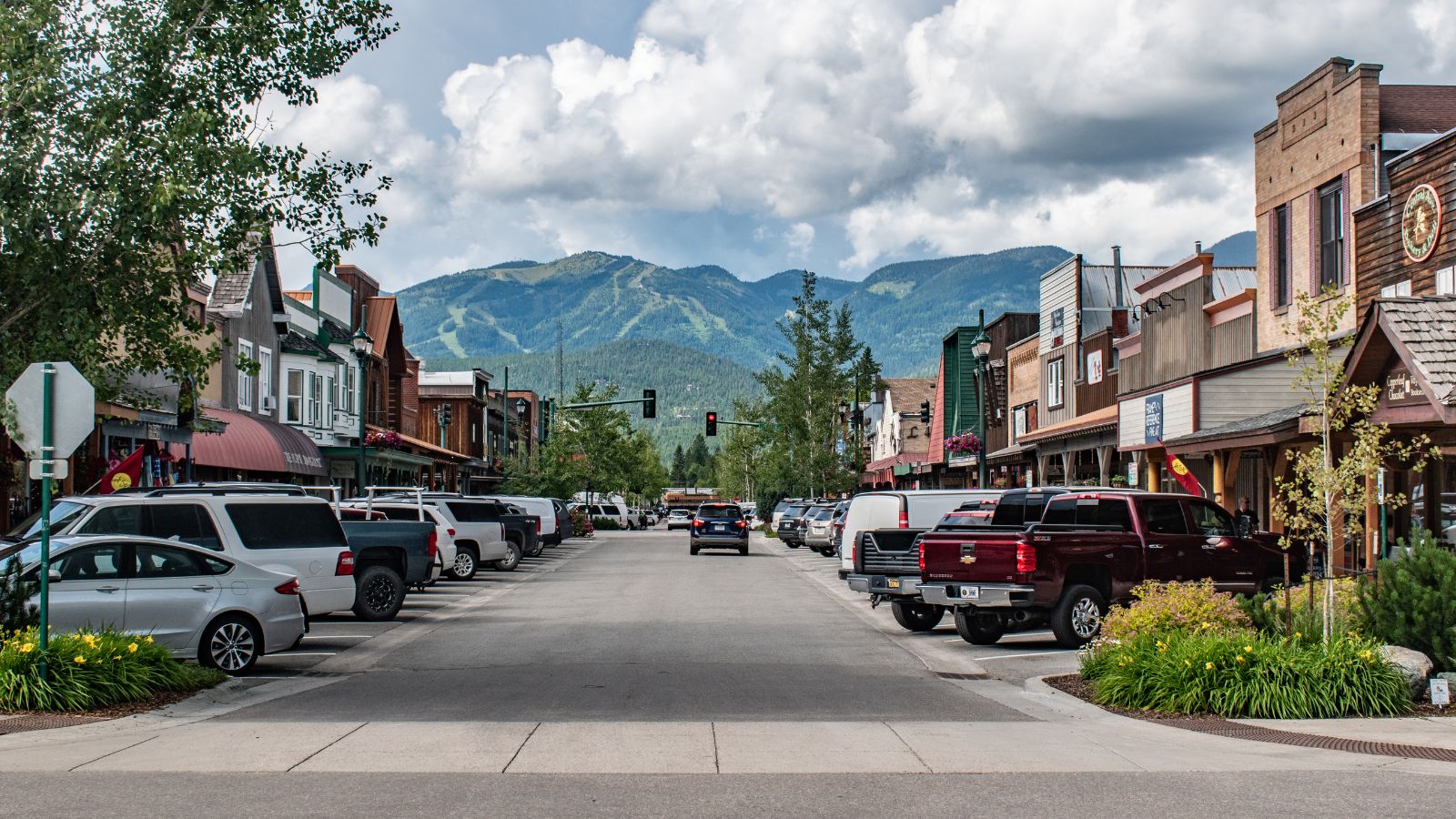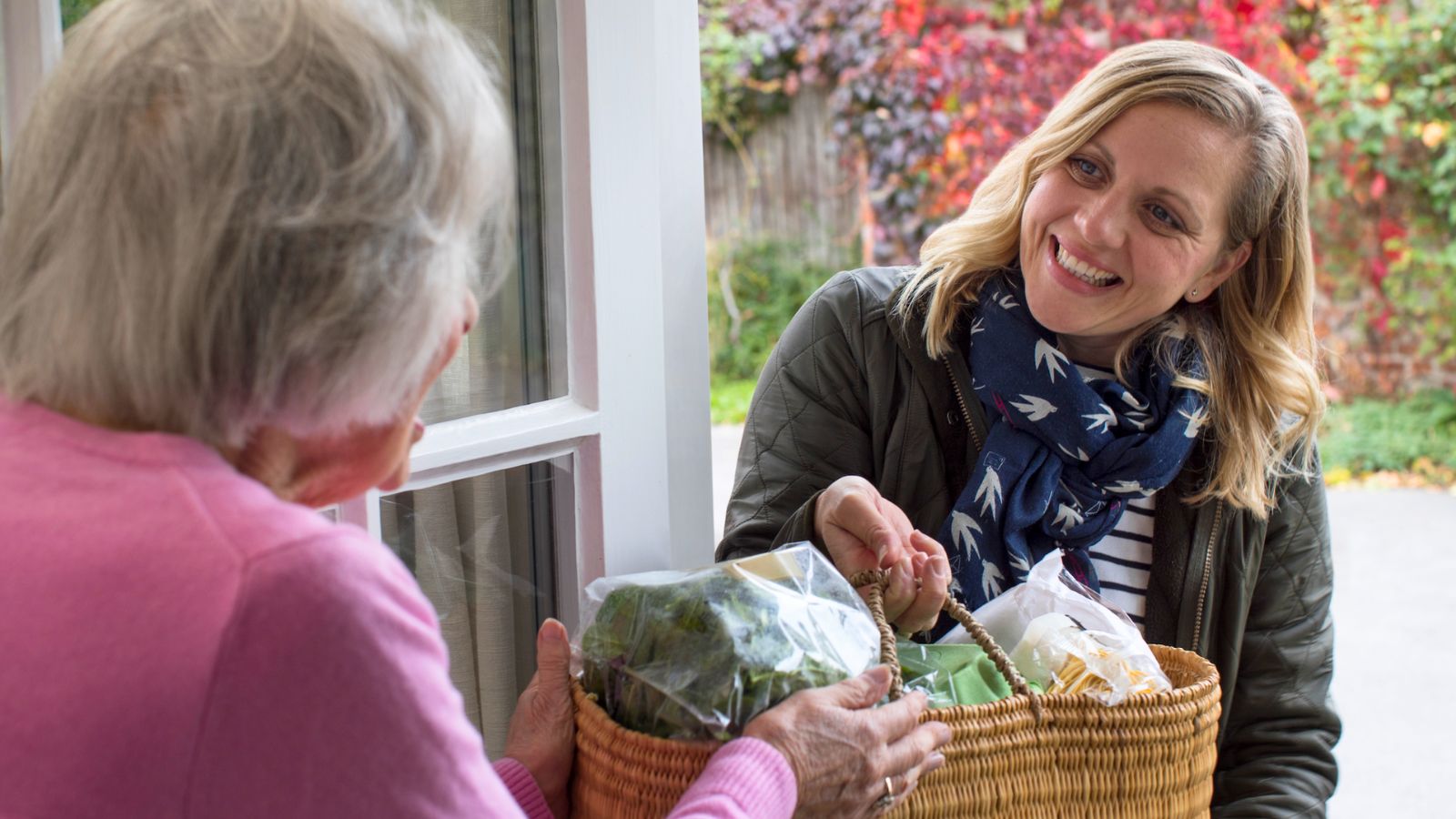Moving to a new neighborhood is very exciting but it is not all fun and games. With a new home comes many new responsibilities. In this article, we take a look at 18 things you have to do if you want to succeed in a new neighborhood.
Explore the Local Area

Getting to know your new surroundings can make the transition smoother and more enjoyable. Walking around the local area can help you get an understanding of where you’re going to live. You can also use this time to find out how far your house is from the necessary destinations like grocery stores, pharmacies, and coffee shops.
Update Your Address

Make sure your address is updated to avoid any disruptions in service or communication. Try to tell everyone that you have moved, but Moving.com says it’s important to tell financial institutions, insurance companies, subscription services, utility providers, government organizations, friends and family, and your employer.
Register with Local Services

Being part of local systems ensures you have access to necessary services without delay. Register with a new doctor and dentist, find out about trash and recycling pickup days, and register your car if necessary. This will help you get everything in order before you actually need these services.
Check the Safety Equipment in Your New Home

Ensure your new home is safe and prepared for any emergency. Make sure to test smoke alarms and carbon monoxide detectors, and locate the main water shut-off valve. You also need to make sure that your fire extinguisher works and is not beyond its expiration date.
Connect Internet and Utilities

Staying connected is crucial, especially right after moving. Set up your internet service or make arrangements with your provider to send someone over. You also have to update your address on all the utility bills, such as water, electricity, and gas. You might need to speak to the former tenants of the house to make sure everything is set up correctly.
Find Convenient Transit Options

Getting around your new neighborhood will be easier if you know your options. Find out where the closest bus, subway, or train stations are. Look into bike paths if you prefer cycling, or carpool options if you drive. It’s also smart to learn about the local traffic, especially during busy times.
Join Local Social Networks or Groups

Being part of local online groups or networks helps you stay updated and involved. You can sign up for neighborhood apps or social media groups. Try to go to community board meetings, too. Another good idea is to subscribe to newsletters that give you news about what’s happening locally.
Explore Local Schools and Educational Facilities

If you have kids, understanding the schools around your new home is very important. Take some time to visit the schools and talk to the teachers and staff. Find out what you need to do to enroll your children and when the term deadlines are. Getting involved in the school’s parent-teacher association is also a great way to be active in your child’s education.
Introduce Yourself to Your Neighbors

Meeting your neighbors can help you feel connected and secure in your new community. It is also a good idea to say hello to your neighbors when you move in. Do Something Good recommends offering a small gift to your neighbors to build rapport with them. This can be something baked, some sweet treats, or a bottle opener.
Locate Emergency Services

Make sure you know where the nearest hospital and emergency room are located. Also, find out where the local police and fire stations are. It’s a good idea to learn about the emergency plans that your community has in place. This knowledge makes you feel safer and will definitely come in handy in times of emergency.
Support Local Businesses

Shopping and eating at businesses close by is a simple way to support the local economy and connect with the locals. Try buying your groceries from local markets and eating out at neighborhood restaurants. Stay attentive when shopping so you can take note of the people and their habits.
Personalize Your Living Space

Decorate your place in a way that makes you happy. Arrange your furniture so that it’s comfortable and pleasant to look at. Hanging pictures or artwork that you like can also make your space feel more personal and cozy. For the day you move in, The Spruce recommends getting some flowers to make the place feel like your own immediately.
Learn About Local Government

Even if you’re not interested in politics, you need to know what’s happening with your local government. This is because you’ll likely need to work with their offices at some point during your stay. This information can be found online by doing a Google search of your local area plus the words “local authorities.”
Plan for Emergencies

Start by creating a comprehensive emergency plan and assembling a kit with essentials like water, food, and medical supplies. Learn about local natural hazards such as floods, earthquakes, or severe weather that could affect the area. Also, make sure to sign up for local emergency alerts to stay informed about any urgent situations.
Maintain Your Home

Keeping up with home maintenance is key to avoiding future problems and can help you save money. Begin by scheduling regular inspections for your heating, ventilation, and air conditioning (HVAC) system, as well as the roofing. Make sure to also clean your gutters and downspouts regularly to prevent water damage.
Discover Local Entertainment and Culture

Instead of spending all your time on your phone or watching TV, take a look around your local area and see what’s happening. Engaging with local culture not only enriches your life but also connects you to the community. Some of the things you can try are local theater productions and concerts, museums and galleries, and community classes or workshops.
Set Up Security Measures

Don’t get caught up in enjoying your new home and forget to set up effective safety measures. You can never know how vulnerable you are to security threats. Install an up-to-date home security system and test that it works. Find out if there’s a neighborhood watch and ask how you can help.
Stay Active and Healthy

Don’t forget to take care of yourself in your new home. Maintaining an active lifestyle can improve your physical and mental well-being. Consider signing up for a new gym or joining local sports teams and wellness centers. If you’re not into routine exercise, a walk in the park will do the trick.
Read More: 21 Things That Will Be Lost Forever When The Boomer Generation is Gone

Baby boomers grew up in a vastly different culture, so they have what younger generations consider strange habits. An internet survey recently asked, “What will die with boomers?” Here are the top 22 answers.
21 Things That Will Be Lost Forever When The Boomer Generation is Gone
18 Common Phrases That Signals Support for Trump

Understanding the unique language of politics, particularly among Trump supporters, can provide valuable insights into the nation’s current state. Here’s a deeper look into 17 phrases you’ll likely only hear from this demographic.
18 Common Phrases That Signals Support for Trump
17 Religious Facts People Get Wrong All the Time

Religious beliefs and practices are often misunderstood, leading to common misconceptions. Some are just too general, others are downright out there. So, we’ll be correcting 17 widely circulated ‘facts’ about world religions.
17 Religious Facts People Get Wrong All the Time
Why People Aren’t Religious Anymore: 15 Simple Reasons

As society evolves, so does our approach to spirituality. This article looks at the subtle yet profound shift from traditional religious adherence to a more personal, evidence-based belief system.
Why People Aren’t Religious Anymore: 15 Simple Reasons
17 American Attractions That Not Even Americans Want to Visit

The United States of America—land of the free, home of the brave, and the location of some of the most ‘unique’ tourist attractions you’ll ever lay eyes on.
Get ready to chuckle, scratch your head, and maybe even facepalm as we look at 17 American attractions that not even Americans think are worth visiting.
17 American Attractions That Not Even Americans Want to Visit

